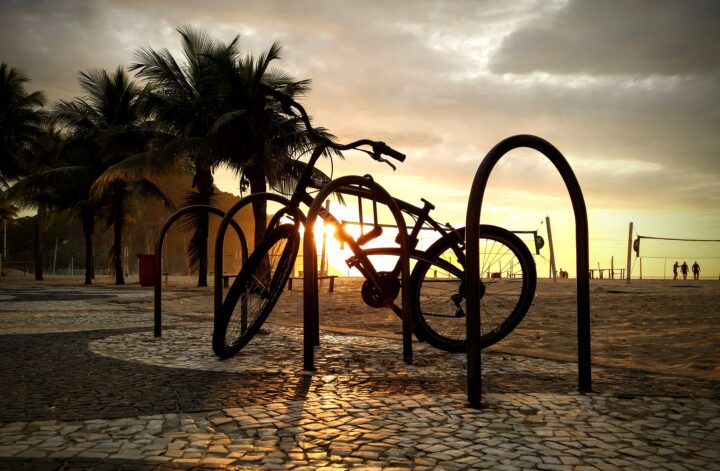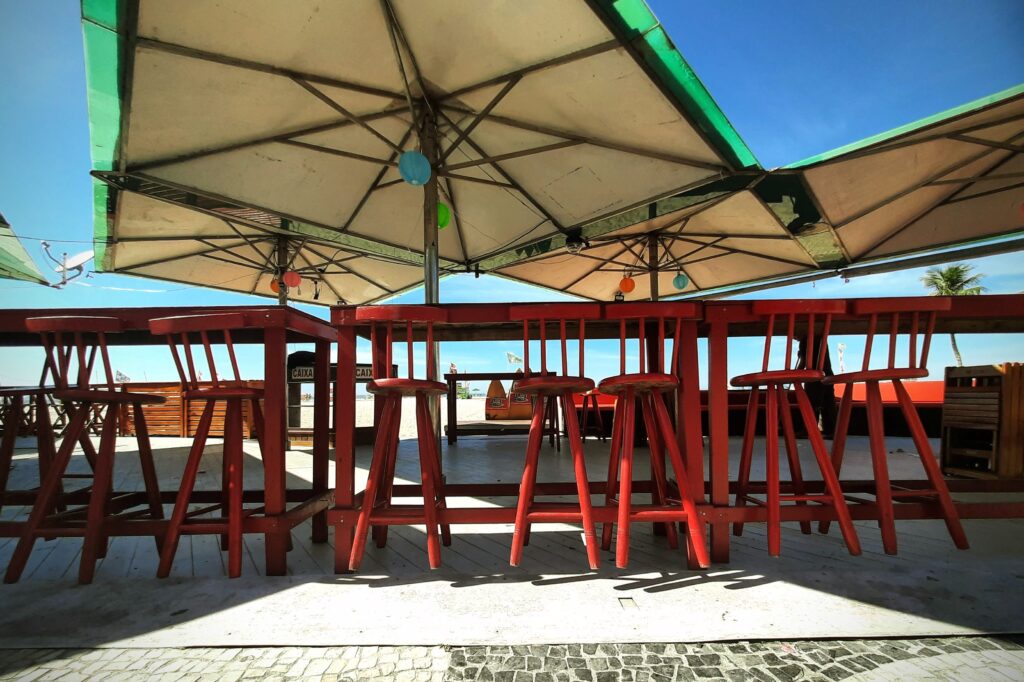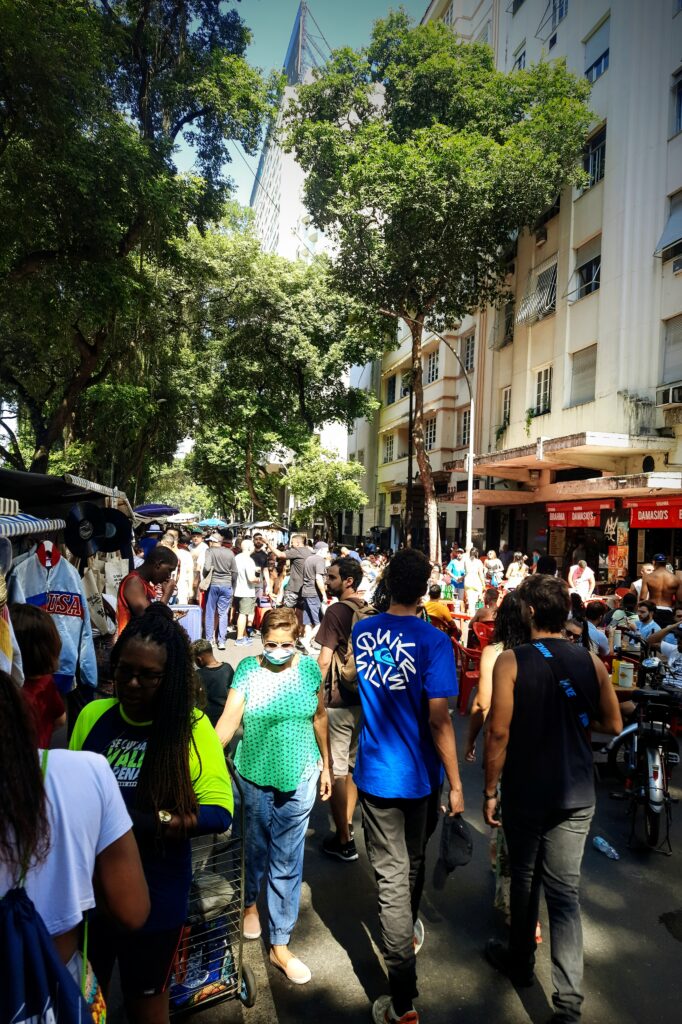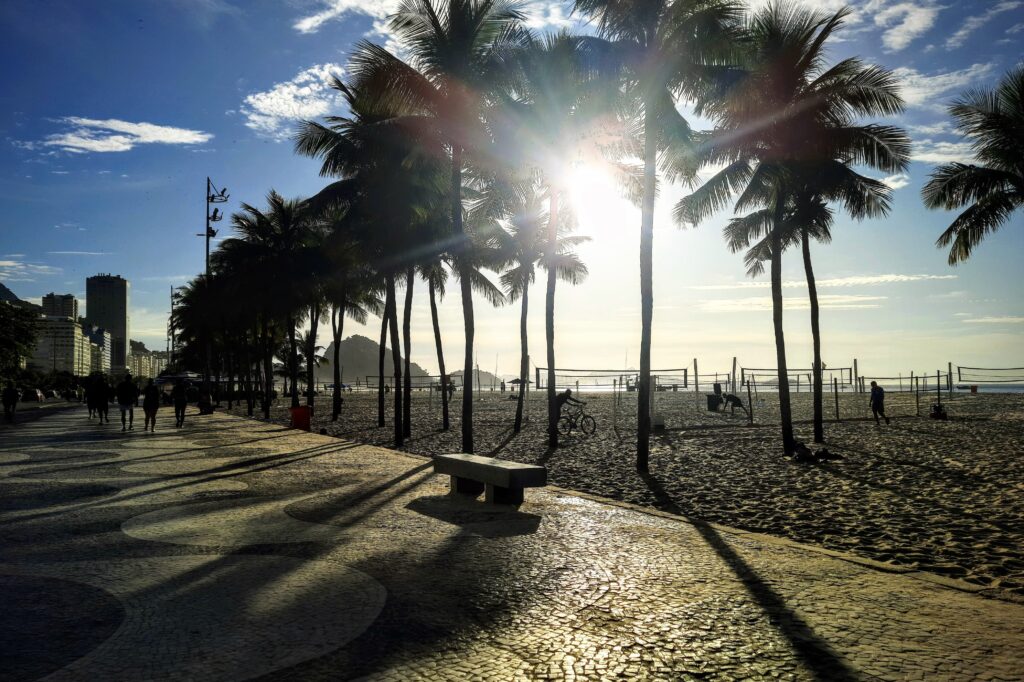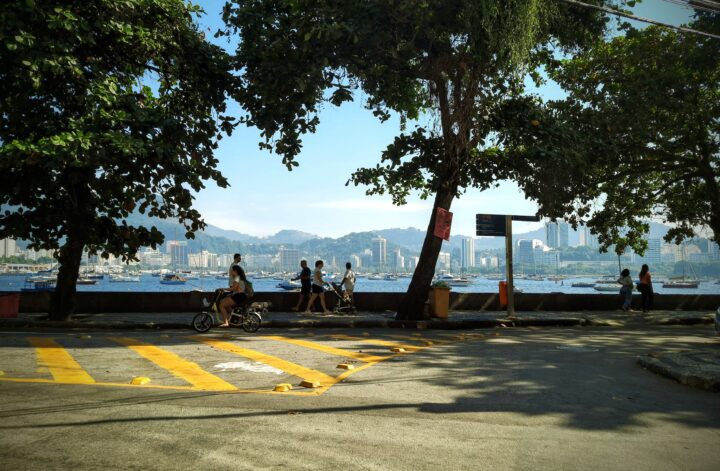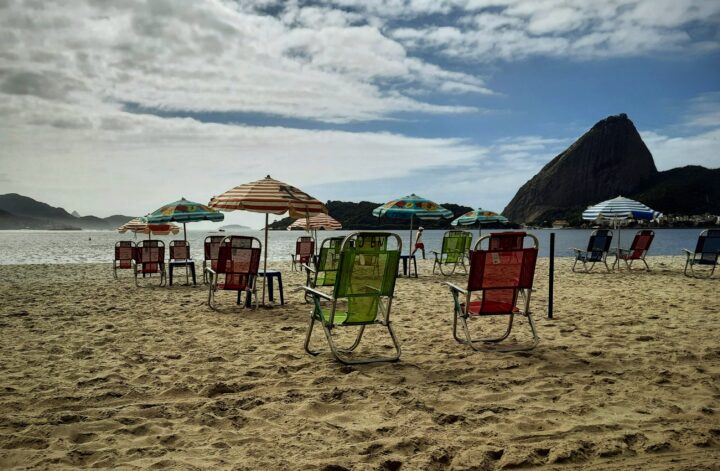Wordsley, Stourbridge, England: 10 degrees, cold, damp, overcast, and the forecast is for rain.
Monday of the week before Carnival in Brazil. It is cold, drizzly, damp, grey, and wet.
I wanted to do some exercise this morning, but due to a heavy workout on Saturday, my legs are still sore, and it is difficult for me even to walk, let alone work out. I also wanted to try out the new skipping rope and elastic bands for exercising that I had bought last Saturday in Brierley Hill.
What I have noticed in England is that, in general, everything we buy here is of a better quality than in Brazil. Why am I saying this, and am I being unfair to Brazil?
When I first arrived in England at the end of November last year, it quickly became clear that, due to a clear economic policy of free trade, a wide variety of cars from different nationalities are available here. From English brands like Jaguar to American brands with long-established factories in England, such as GM, to new brands like Tesla and BYD.
The choice is extensive, and if you have the necessary funds, you can negotiate any car you want without paying excessively high import taxes, as is often the case in Brazil. There are a variety of options that we don’t see in Brazil, but when comparing similar models here in England with those in Brazil, the models in England are generally better, higher in quality, sportier, more elegant, and more aesthetically pleasing.
A Honda car in Brazil is a common car, even though it is considered of good quality. It is completely bland compared to the same model in England, and likely cheaper. This applies to most cars and brands and is not exclusive to cars.
On Saturday, I bought a new skipping rope and elastic bands for exercising. Compared to those from Brazil, firstly, they are of better quality. Besides being better products, the packaging is also superior, and thirdly, they are comparatively cheaper than in Brazil, even considering the exchange rate.
What does a free trade market offer us?
It provides us with variety, allowing us to choose precisely what we need for our specific purposes, whether for work, pleasure, or business. A government, such as in Brazil, that implements protectionism with heavy import duties, is only thinking in the short term and is slowly killing the country through strangulation for the long term.
How can individuals or small companies grow if everything that is not domestically supplied or manufactured within Brazil is heavily taxed, beyond the reach of ordinary people?
Any form of protectionism in life, you usually have to pay dearly for in the future. The spoiled child who his parents had overprotected grows up to be an unbearable and toxic human being, eventually blaming his parents for the way he is, with no family, superficial friends and toxic relationships.
Whenever there is a lack of truth and authenticity in what we do or who we are, we eventually suffer for it in the future!!!
I have been living in Brazil for over 30 years. In the 1990s, Collor was the Brazilian President at the time, who was eventually impeached. However, before his impeachment, he had liberalised trade barriers between Brazil and the rest of the world, which led to an influx of imported cars and other products due to their superior quality and competitive prices that the Brazilian market had not previously encountered.
In response, the government quickly imposed significantly higher import duties to regulate the large number of cars entering the country, which was affecting the trade balance.
This occurred with other products and sectors of the economy for the same reason: the Brazilian government believed it was necessary to protect the national industry and allow domestic producers and industries time to become more efficient and competitive, thereby preparing them to face international competition.
This was in the early 1990s, more than 30 years ago, and the Brazilian national industry remains uncompetitive today, with hundreds of thousands of companies going bankrupt under Lula’s government. Meanwhile, trade barriers with high import duties remain in place, in some cases higher than those of 30 years ago.
Therefore, over the past nearly 40 years, Brazil’s economy and business landscape have made little to no profound or meaningful progress. The country and its people have missed out on four decades of potential growth and increased influence, not just within Brazil but also on the global stage.
Once again, Brazil, along with its government and citizens, has missed the opportunity to become a significant international power. There have been moments when Brazil experienced a brief boost in marketing and popularity, creating the illusion of prominence. Still, these were superficial and fleeting—nothing of real substance or depth that could sustain long-term strength.
Brazil is trapped in a vicious, regressive cycle. And for me, the main question I keep asking is: who will save the country and the nearly 220 million people, all depending on the remnants of a corrupt, inhumane government to survive?
I gave classes from 4:00 p.m. until 11:00 at night. I also worked on the blog and entries in my journal; it has been a good, productive day.
In bed by midnight.
Thank you.
Thanks for reading this blog post. Please explore my other posts and share your thoughts in the comments section.
Richard

